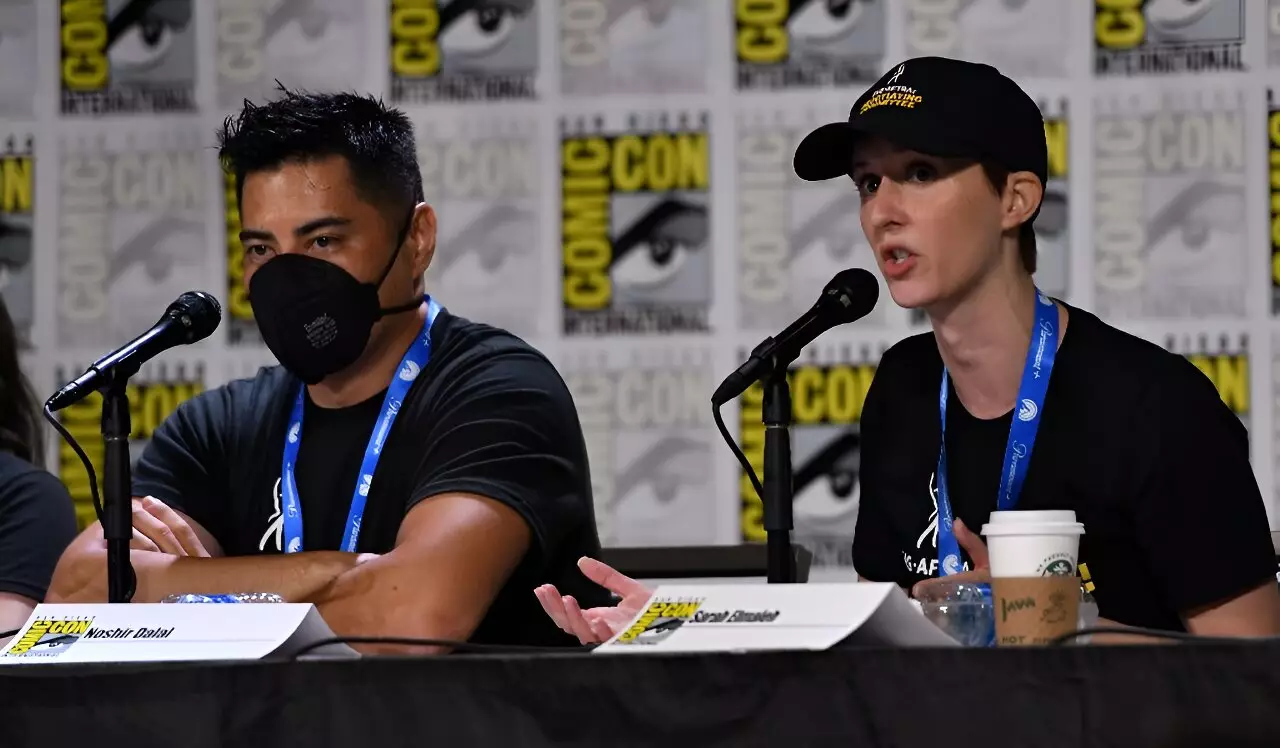Artificial intelligence has not only played a role in Hollywood but has also sparked a strike within the video game industry. The Screen Actors Guild (SAG-AFTRA) recently initiated its second strike in nine months against gaming giants who utilize AI to create game characters. This strike has brought to light unique challenges in negotiating the consent and compensation for actors whose voices and movements are used in video games.
Lead negotiator Ray Rodriguez highlighted that technology companies view actors as mere data, missing out on the nuanced performances that bring characters to life. Despite the psychology and circumstances behind each performance, these companies fail to recognize the value of the actors’ contributions. This attitude has led to the strike by over 2,600 artists who provide voice dubbing services or motion capture for video game characters.
The ongoing negotiations between the union and industry giants like Activision, Disney, Electronic Arts, and Warner Bros. Games have been sporadic and unfruitful. Video game companies’ obsession with secrecy and lack of dedicated negotiators have made it difficult to reach a consensus. Another complicating factor lies in the use of multiple performers for a single character, creating loopholes in compensation offers.
Video game companies have utilized AI to not only replicate specific actors but also to generate new voices and movements from a composite of performers. This has made it challenging for actors to trace and claim their work, thus affecting their ability to provide consent and receive fair compensation. The use of generative AI has raised concerns among actors regarding job security and fair payment.
The strike in the video game industry calls for a different approach compared to Hollywood strikes. Negotiating committee chair Sarah Elmaleh suggested focusing on streamers and online platforms in addition to traditional in-person picketing. This shift in strategy aims to draw attention to the issues faced by voice actors and industry workers affected by the increasing presence of AI in video games.
Voice actors like Lindsay Rousseau fear the impact of AI on their job security, especially for those who provide ancillary and non-player character voices. Without proper AI protections, only a select few renowned voice actors may thrive in the industry, leaving many struggling to find work. The looming threat of job loss due to AI advancements has created uncertainty and challenges for voice actors already affected by previous strikes in the entertainment industry.
The ongoing strike in the video game industry highlights the need for fair compensation, consent, and job security for actors whose performances are essential in creating immersive gaming experiences. The influence of AI and technology companies on the industry’s practices calls for greater awareness and advocacy to protect the rights and livelihoods of voice actors and performers in the evolving landscape of video game development.


Leave a Reply